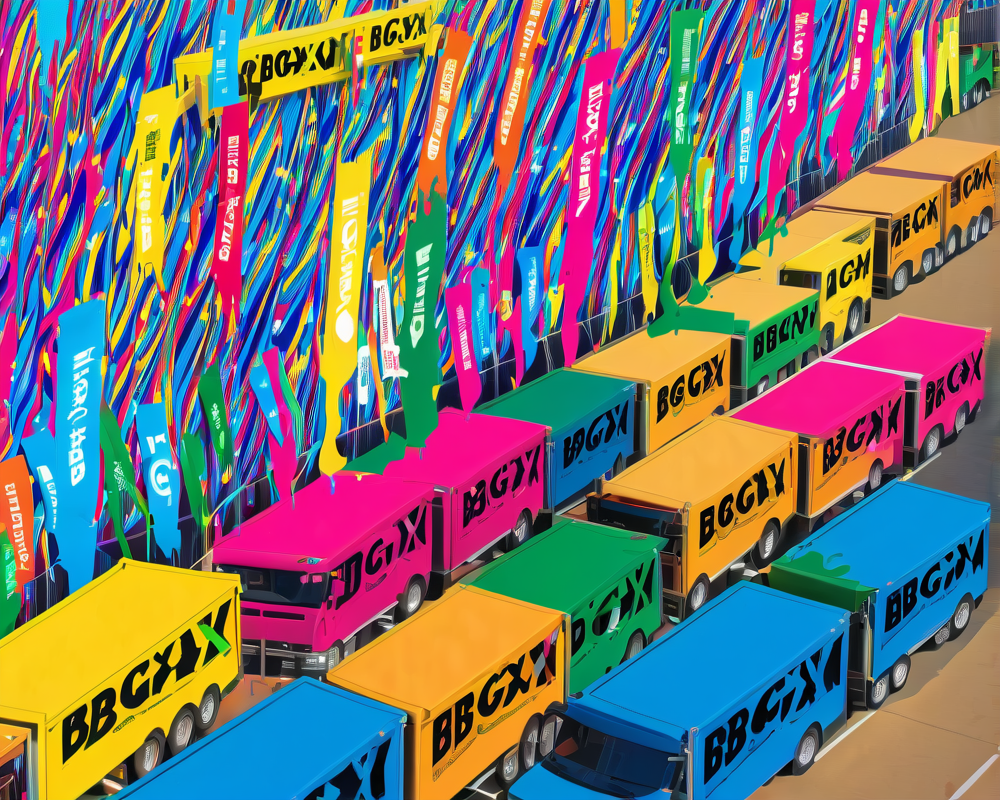Understanding the Need for Regulation
Decentralized Autonomous Organizations (DAOs) are gaining traction in the financial sector, but they’re running into a bit of a snag: regulatory frameworks that feel like they were written in the ink of the Dark Ages. According to a paper from the European Central Bank (ECB) titled The Future of DAOs in Finance – In Need of Legal Status, technology is charging ahead, leaving regulation panting in the dust.
The Exponential Growth and Its Perils
DAOs are growing faster than a teenager’s social media following. With every corner of the market unveiling unique DAO offerings, the existing regulatory structures are like trying to fit a square peg in a round hole. The ECB emphasizes that traditional registration frameworks just aren’t cutting it, potentially exposing investors to various liabilities.
Why Traditional Frameworks Fail
- Outdated Methods: Regulations built for “pen-and-paper” operations miss the complexities of digital entities.
- Investor Risks: Without a solid framework, investors might find themselves in murky waters.
- Financial Stability: The absence of comprehensive regulations could threaten overall market stability.
Calls for Global Solutions
The paper doesn’t just complain; it calls for action. The ECB argues that without global regulations tackling these challenges, DAOs will remain shackled in the financial sector’s corner, unable to truly fulfill their potential. “Until DAOs are adequately regulated globally,” the paper states, “their place in the future will necessarily remain limited.”
The Digital Euro: A Beacon of Hope?
As if to sprinkle a little optimism on the regulatory concerns, ECB executive board member Fabio Panetta has put forward the idea of a digital euro. He suggests this could lift Europe to the forefront of financial innovation.
What This Means for Consumers
Panetta’s vision is for a digital euro that retains the pivotal privacy features of cash while also ensuring that Europeans have access to public payment options, whether in physical or digital currencies. With increasing private “closed-loop” systems, this would be a refreshing twist in the tale of modern finance.
Conclusion
In a world where DAOs are on the rise, the message is clear: without appropriate regulatory frameworks, their potential might just be squandered. And as for the digital euro, it could pave the way for a more robust financial future, where consumers are protected and given choices that align with modern technological advancements. Only time will tell whether these regulations will come to life or remain swaddled in red tape.




